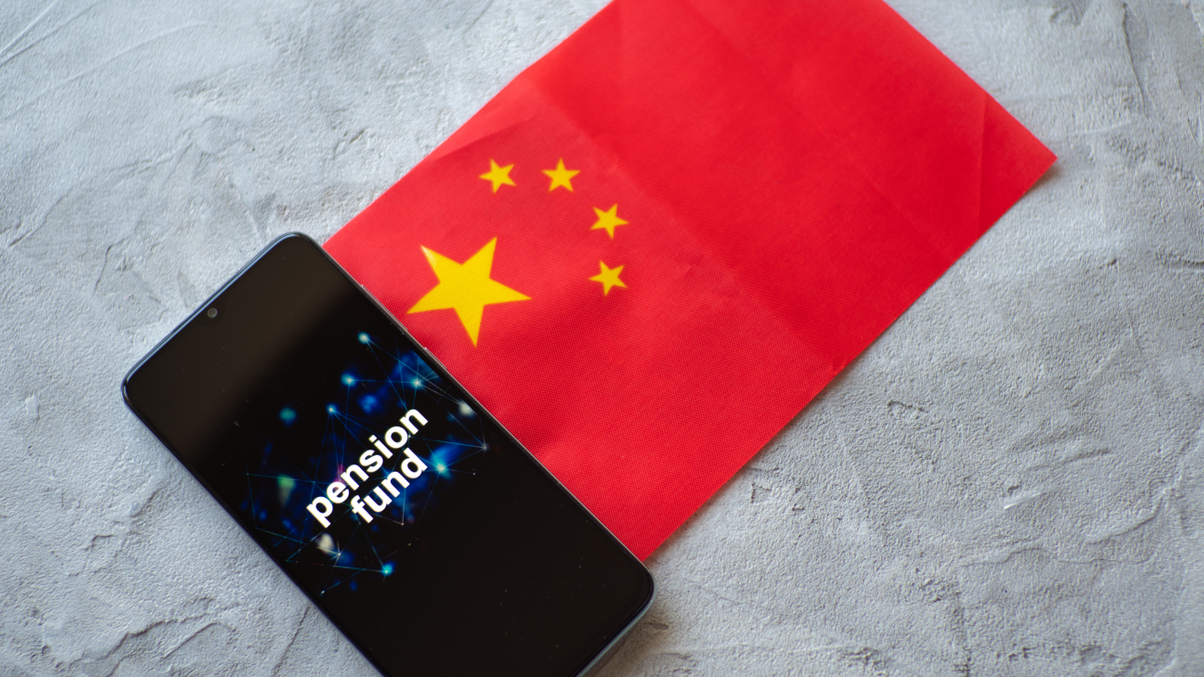China’s new state firm to speed up private pension development
The country is setting up a public agency to act as a clearing house to support its underfunded pension system. The plan could involve spinning off a government unit.

The Chinese government's plan to create a new state-backed pension firm is seen by experts as a "necessary and reasonable" move that will help cut administrative costs and support the development of individual pension schemes, which are lagging behind those of developed economies.
Sign in to read on!
Registered users get 2 free articles in 30 days.
Subscribers have full unlimited access to AsianInvestor
Not signed up? New users get 2 free articles per month, plus a 7-day unlimited free trial.
¬ Haymarket Media Limited. All rights reserved.


